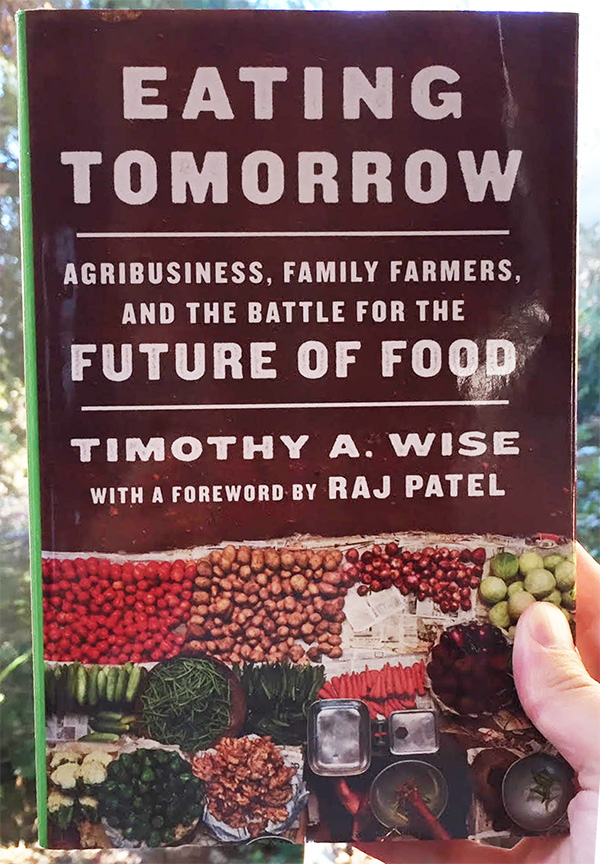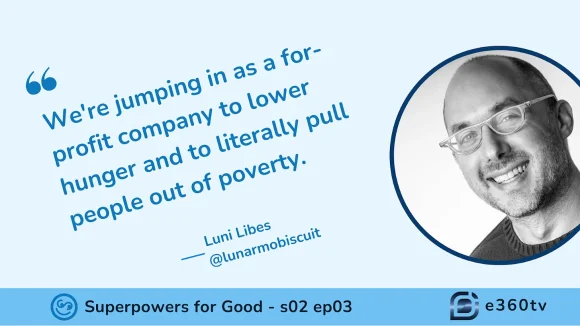
A few weeks ago there was a talk on Agroecology by Timothy A. Wise. That term is widely used outside the U.S. for what we’d call sustainable or restorative agriculture. That part of the talk was good, but far more interesting were the stories from the book which the talk summarized, Eating Tomorrow: Agribusiness, Family Farmers, and the Battle for the Future of Food.
The author traveled the world to understand first hand the problem of how we can feed the current 7.5 billion people on the planet, and how we’ll manage to feed 10 or 11 billion. The travels and book visit Malawi and Zambia in Africa, plus Mexico and Iowa in North America, with a few tidbits from other parts of the world.
The key problem is that most of the world is fed by smallholder, family farmers, not big (or even medium) commercial farms. Meanwhile, the handful of Big Ag companies are lobbying governments and marketing to those farmers, selling them on a Green Revolution dream that doesn’t work for them, and is no longer working in Iowa.
Adding to that problem are NGOs like the Bill and Melinda Gates Foundation, who are backing Big Ag in their push toward hybrid seeds and fossil fuel fertilizers, despite proof that Tim Wise and others are documenting showing there are better environmental and financials ways that produce more food.
What is missing in the book, and what I brought up in the Q&A at the talk is how higher yields can find their way to the market. Specifically, what goes unmentioned in the book is the role of aggregators, processors, and distributors.
We take that part of the supply chain for granted in the U.S. and Europe. Except for a sliver at farmer’s markets, farmers don’t sell to homes and retailers directly, they sell to aggregator/distributors who solve the problem restaurants and stores have, namely a steady supply. Plus at a minimum those aggregators sort out the seconds and rotten food, if not process it into juice, sauce, nuggets, etc. before reaching the store.
A lot of my work in Africa is in agriculture, most of it at the level of these aggregator/processor/distributors, not directly with the farmers. Before this talk and this book, I didn’t understand the issues around Big Ag and small farmers. That was eye opening and thought provoking.
As was one last big idea mentioned in the book, but at the talk first mentioned by the other speaker, Million Belay of Ethiopia, “Food Sovereignty“. This is the idea that food security isn’t sufficient, if the seeds or fertilizer required to access that food must be imported from a foreign country. Food sovereignty instead makes a country self sufficient to feed its population, inclusive of all farming inputs.
All in all, if you want to understand how the world feeds itself today, and how inequity, not lack of food, causes hunger today, then pick up a copy of the food.















